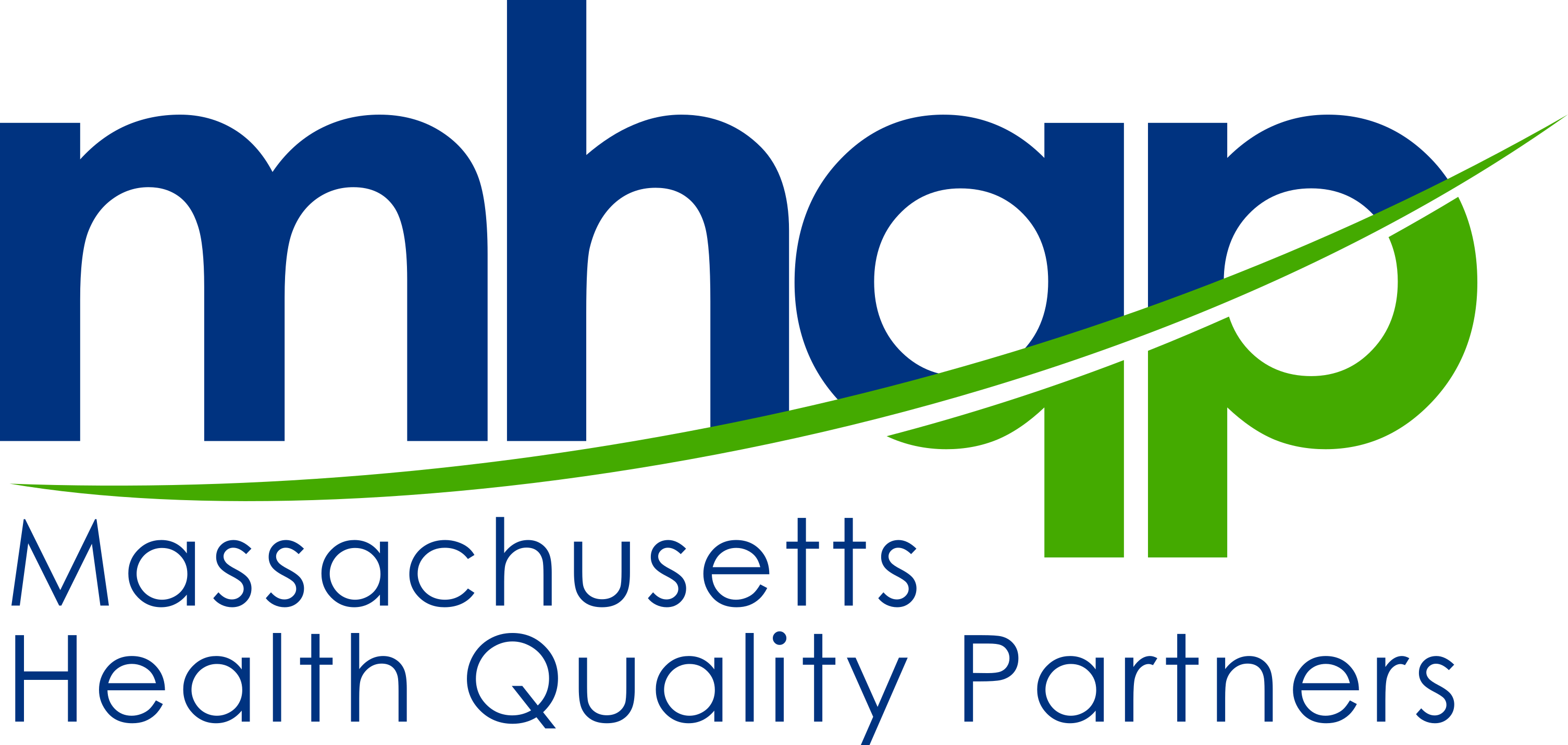MHQP and Mad*Pow present initial results of pain assessment project
(December 2017)
In a webinar on November 28, 2017, MHQP and its partners at Mad*Pow’s Center for Health Experience Design shared their progress to date on our co-design approach to improve pain assessment and better calibrate pain assessment with opioid prescribing.
“In the many conversations I’ve had with all kinds of people in this project, I’ve not met a single person who is not excited about this work,” said Barbra Rabson, MHQP’s president and CEO.
The Problem
Conversations about pain are very challenging for many reasons and doctors and patients often have a hard time partnering with each other to find an appropriate path forward. Clinicians do not always have a proper understanding of the reasons for complex pain. Patients often feel isolated, dejected and misunderstood. As a result, it can be challenging to build the trust necessary navigate together through the complex, ambiguous landscape of pain.
Too often, this leads to dysfunctional conversations and the over-prescription and overuse of opioids, which can have a devastating impact on individual lives, families and communities across the country.
Our Challenge
This project seeks to find innovative ways to improve conversations between clinicians and their patients suffering from serious pain to enhance the ways in which they assess and understand pain in the outpatient setting.
Our Work
With generous support from CIGNA, MHQP and Mad*Pow conducted a comprehensive literature review to understand current approaches and generate ideas. The team then interviewed multiple stakeholders to fully understand the unique perspectives of patients, PCPs, pain specialists, advocates, surgeons, nurses, researchers, payers and pharmacists on this issue.
With this strong foundation laid, the team led an all-day co-design workshop with representatives from each stakeholder group, using a human-centered approach which focuses on designing possible solutions with the people most affected. The group took a “deep dive” into the perspectives from all of those involved, understanding the obstacles and challenges and exploring ideas to help improve the situation.
The breakthrough insights and recommendations from this innovative work were summarized in the webinar and can be accessed via the links below:
Listen to an audio recording of the webinar
See the slides from the webinar
Next Steps
Phase 2 of this project will involve the creation of tools to help guide pain assessment conversations. These could focus on:
- Education about social neuroscience underlying many of the behaviors seen with chronic pain
- Establishing context for patient reporting of pain and how it impacts patients’ lives
- Offering patients a sense of partnership through their pain journey
- Expectation setting on severity and duration of pain
- Exposure of treatment options with associated risks and benefits
- Education about how to spot addiction and overdose and what to do about it
We will prototype and test these tools with various partners from health systems, government organizations, and other relevant experts to ensure the solution will be both effective and scalable. By the end of Phase 2, we will have tested tools that can then be fully built out and brought to pilot during Phase 3.
MHQP is currently seeking sponsors and collaborators for these next phases of work. For more information, please contact Barbra Rabson at brabson@MHQP.org.
